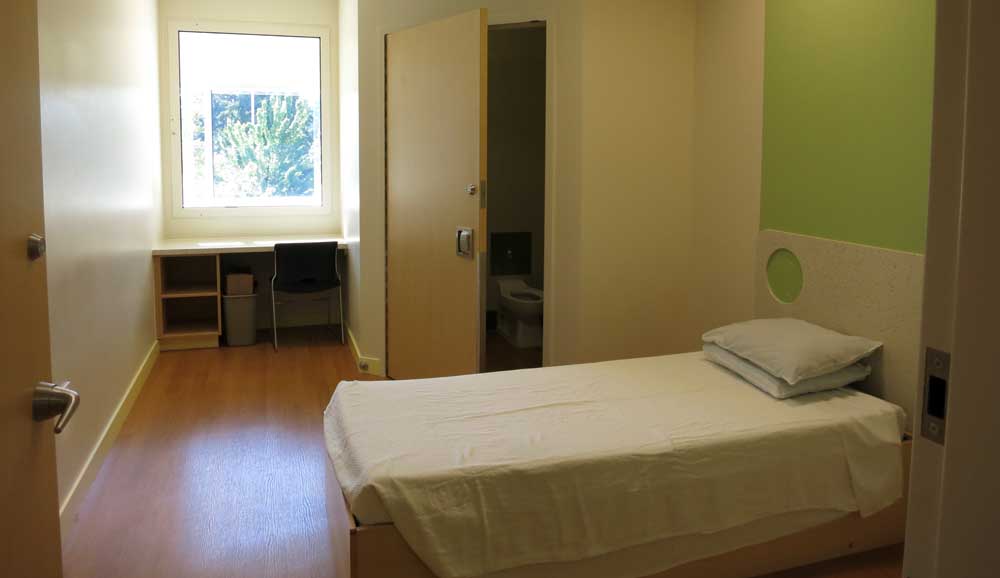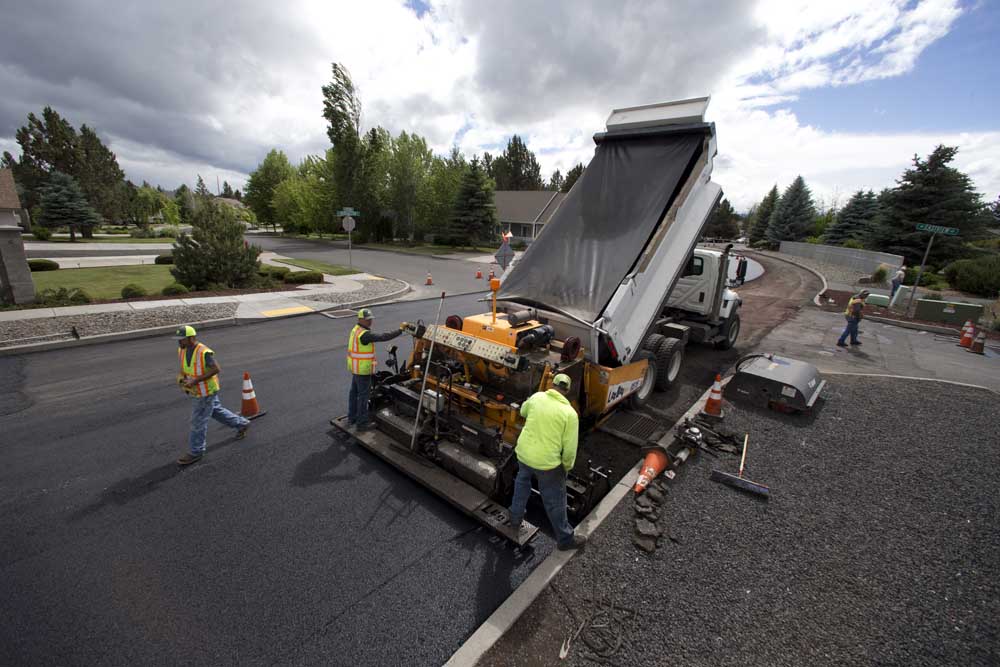Polygraphs don’t accurately detect lies but still widely used in Central Oregon
Published 5:30 pm Wednesday, June 16, 2021

- Polygraph equipment set up in an interview room at the Deschutes County Sheriffs Office on Friday, June 11, 2021.
At the bottom of most every polygraph report is an important disclaimer: Polygraphs are an investigative tool. They should not be treated as evidence.
“I compare them to medical tests,” said Albany-based polygraph examiner Glenn Fairall. “Although the best polygraph tests are extremely accurate, they’re still not 100%. They shouldn’t be relied on as fingerprints are, or DNA evidence is. But even the most commonly used medical tests aren’t 100%.”
Though polygraph results don’t detect lies with scientific certainty or meet standards of evidence to be admissible in court, they’re used regularly by police in Central Oregon to fact check and eliminate suspects in sexual abuse cases.
They’re used by police, from the FBI to local investigations, as an interrogation technique and to help speed along investigations. They also are used by state and federal probation offices in Oregon.
And with criminal justice reform a major topic of the day, the tests also are employed regularly by prosecutors, despite the inherent flaws.
In 2013, Bend Police Department purchased its first polygraph machine, which it still uses. Across town, the Deschutes County Sheriff’s Office keeps its own machine, a Lafayette-brand LX4000.
Bend Police formerly employed Detective Pat Hartley, who is licensed to perform the tests with the Oregon Department of Public Safety Standards and Training. But last summer, Hartley transferred to the sheriff’s office. He still performs about one to two polygraph exams per month on behalf of Bend Police, about the same as the sheriff’s office.
“We continue to use polygraph as needed based on case development,” said Lt. Juli McConkey, a Bend Police spokesperson. “At this time, we utilize outside resources to conduct polygraphs and will continue to seek assistance from these resources.”
One group that’s tried to limit polygraph use is the Oregon Innocence Project, noting instances when polygraphs have been used to convict the wrongly accused.
Often, it’s defense attorneys who provide polygraph results to the prosecutors when the results are seen as benefiting the defendant. Sometimes, district attorneys are unmoved by those results.
“There are a lot of reasons why a person might not pass a polygraph. That’s why they’re not admissible in court,” said Shaun McCrea, executive director of the Oregon Criminal Defense Attorneys Association.
The field of polygraphy was established around 100 years ago. The technology involved has evolved continuously since then, said Fairall, head of Blue Line Polygraphs & Investigations in Albany, and he still sees quite a demand for the technology.
But the relatively demanding regulatory framework in Oregon has kept the field somewhat subdued.
There are around 45 licensed polygraph examiners in Oregon, according to the safety standards training department. Fairall estimates around 20 of those have retired from the law enforcement field in some capacity.
Fairall suspects the reason there are fewer polygraphers in Oregon than most other states is Oregon’s more involved licensing process.
Many states, like California, have no licensing system. California, and other states, also still allow polygraph testing in pre-employment screening, a common practice that’s essentially illegal in Oregon.
For these reasons, Fairall thinks people interested in working in polygraph testing elect to establish in states other than Oregon.
“I would guess there’s more than 1,000 polygraph examiners in California, because in California all you have to do is buy a polygraph instrument and call yourself a polygraph examiner,” Fairall said. “I’d say Oregon is among the most challenging states to get licensed in.”
In Oregon, one first must attend an accredited polygraph school, of which there are around 10 in the U.S. A general polygraph course runs about three months. Further training is required to perform post-conviction sex offender polygraph testing in Oregon. Because of the high tuition and time commitment involved in training, a candidate is often sponsored by an employing law enforcement agency, as was the case with Hartley and Bend Police.
Next, the trainee polygrapher must complete a 2-year apprenticeship under a licensed polygraph examiner. After trainees perform at least 200 polygraph tests, they must pass a written exam administered through the safety standards and training department. After receiving their license, Oregon polygraphers must renew it every year.








